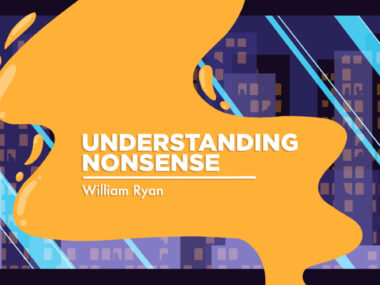Not your doctor, but AI can be integrated into management of CF
I've used ChatGPT to plan out meals, learn about macronutrients and cooking
Written by |

Artificial intelligence (AI) is just about everywhere right now, capturing the world’s attention and economic markets.
Along with near-daily headlines about what AI promises to do for — or to — humanity, there’s also been some very promising advances in the use of AI in medicine. It seems that AI and large language models (LLMs) will almost certainly play a role in cystic fibrosis (CF) care, so those of us with CF should be, at the very least, aware of these tools.
My friend and fellow columnist Brad Dell recently wrote about the allure of LLMs such as ChatGPT, and how they can confidently, affirmatively, and convincingly confirm what we want to believe. His telling of ChatGPT and confirmation bias is worth reading, as this is one of its biggest risks. But there are also potential opportunities for LLMs to help people with chronic health conditions.
ChatGPT is not your friend, and it’s not your doctor either
ChatGPT usually responds as if it’s your friend and seems to intentionally avoid disagreeing or criticizing. It will work to find an angle to affirm your way of thinking, which may be good when you’re right, but won’t correct you when you’re way off — unlike a real friend.
Chatbots can also hallucinate. So I urge caution and a trust-but-verify approach to AI chatbots, and recommend avoiding them altogether for inquiries of material importance. In other words, if there might be serious consequences to the chatbot being wrong, assume it will be wrong and avoid it.
It’s also not wise to share personal health information, for obvious reasons. Chatbots are not physicians, nor do they know your medical history to the extent your doctors do.
Chatbot, answer this general question
This doesn’t mean you can’t use chatbots to inquire about general health questions, so long as you realize that its responses shouldn’t be treated as definitive — the same way a random Reddit comment shouldn’t be taken as definitive proof of anything.
Still, I’ve found that using ChatGPT in Socratic dialogue, not unlike how I might engage with a care provider, can be helpful in thinking through my decision-making with food and in understanding my priorities.
CF-related diabetes has been a challenge for me. From trying to get enough fiber to understanding what spikes my blood sugar and trying to improve my relationship with food, there’s a lot to consider every time I eat. And eating happens to be something I must do multiple times a day. Every single day!
Instead of feeling stressed out and inundated about so many things to consider, I’ve used ChatGPT to plan out meals, come up with ideas for how to incorporate different macronutrients into my meals, and even to experiment and learn more about the chemistry of cooking.
This use case looks a lot different than asking specific medical questions. There aren’t many personal risks and, if prompted well, it doesn’t diminish my own ability to think through things. Using ChatGPT doesn’t mean I won’t continue to work with my endocrinologist, nutritionist, or dietitian. It just means I can improve my understanding of lifestyle factors before my next appointment.
AI and chatbots may be effective tools for empowering patients to improve their care more efficiently and effectively. Chronic health conditions are physically, mentally, and cognitively burdensome, and chatbots offer a promising tool for reducing at least some of the cognitive load at taking one’s care into one’s own hands.
Note: Cystic Fibrosis News Today is strictly a news and information website about the disease. It does not provide medical advice, diagnosis, or treatment. This content is not intended to be a substitute for professional medical advice, diagnosis, or treatment. Always seek the advice of your physician or other qualified health provider with any questions you may have regarding a medical condition. Never disregard professional medical advice or delay in seeking it because of something you have read on this website. The opinions expressed in this column are not those of Cystic Fibrosis News Today or its parent company, Bionews, and are intended to spark discussion about issues pertaining to cystic fibrosis.








Leave a comment
Fill in the required fields to post. Your email address will not be published.